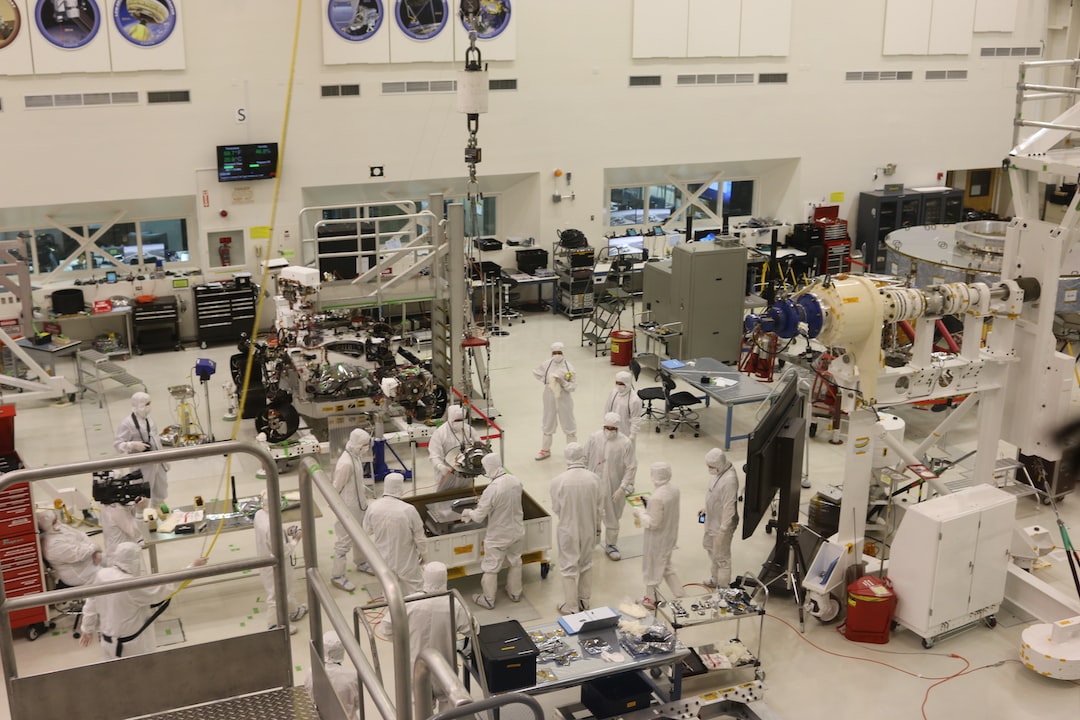Exploring the Rise of Smart Factories in the Manufacturing Sector
The manufacturing sector has always been at the forefront of technological advancements, constantly evolving to streamline processes and increase efficiency. In recent years, however, the industry has witnessed a significant transformation with the rise of smart factories. These factories are changing the face of manufacturing, bringing in new levels of automation, connectivity, and intelligence.
Smart factories can be defined as highly digitized and connected plants that leverage the power of the Internet of Things (IoT), artificial intelligence, and big data analytics to optimize operations and improve overall productivity. They encompass a wide range of technologies, including advanced robotics, machine learning algorithms, and real-time monitoring systems.
One of the core benefits of smart factories is their ability to automate repetitive tasks and optimize production processes. Traditional manufacturing plants often suffer from inefficiencies caused by human error or variability in processes. Smart factories, on the other hand, leverage automation through robotics and autonomous systems to streamline operations and reduce errors. With the help of AI and machine learning, these factories can continuously gather and analyze data from various stages of production, optimizing factors such as machine performance, energy consumption, and resource allocation. This not only improves productivity but also reduces costs and waste.
Connectivity is another key aspect of smart factories. By integrating machines, devices, and sensors through IoT technology, these factories can create a seamless flow of information and communication across the entire production line. This enables real-time monitoring and control, allowing manufacturers to make instant adjustments, detect issues before they become significant, and react to changing demands or market conditions more effectively. For example, if a machine malfunctions or a component runs out of stock, smart factories can automatically trigger alerts, order replacements, or adjust production schedules in real-time.
In addition to efficiency improvements, smart factories also enable manufacturers to create a more agile and flexible production environment. With the ability to collect and analyze vast amounts of data, these factories gain valuable insights into every aspect of production, from supply chain dynamics to customer preferences. This empowers manufacturers to make data-driven decisions, optimize their operations, and adapt to changing market demands swiftly. By having a deep understanding of customer preferences, manufacturers can customize products or adapt production lines accordingly, resulting in improved customer satisfaction.
Safety is also a significant concern in the manufacturing sector, and smart factories offer several advantages in this area as well. By automating hazardous tasks and optimizing safety protocols, these factories can reduce workplace accidents and improve overall employee well-being. For example, robots can be deployed to handle dangerous tasks, reducing the risk of injuries or exposure to hazardous materials. Furthermore, real-time monitoring systems can constantly track the working conditions and provide early warnings in case of any safety hazards, allowing for preventive actions to be taken.
While the rise of smart factories brings numerous benefits, it also poses some challenges that manufacturers need to address. The integration of various technologies and systems requires a significant upfront investment, both in terms of infrastructure and employee training. Additionally, there might be concerns about job displacement due to increased automation. However, it is important to note that smart factories do not necessarily eliminate jobs but rather transform them. While some repetitive manual tasks might be replaced by automation, new roles related to data monitoring, system management, and analysis will emerge, requiring a different set of skills.
In conclusion, smart factories are revolutionizing the manufacturing sector by embracing digital technologies and creating highly connected and intelligent production environments. They not only optimize processes and increase productivity but also enable flexibility, customization, and improved safety. Despite the challenges that come with their implementation, smart factories represent the future of manufacturing, transforming industries and empowering manufacturers to thrive in a rapidly changing and competitive global market.

